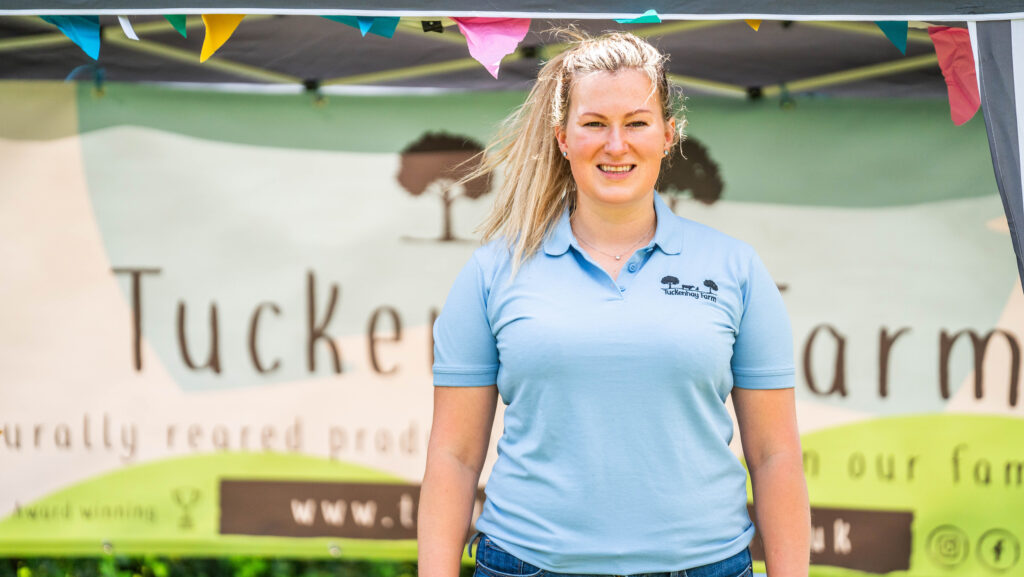Hannah Reddaway: British consumers remain key for lamb market
 Hannah Reddaway © Emily Fleur
Hannah Reddaway © Emily Fleur Navigating the complexities of the lamb market is complicated, calling for careful decisions around the timing of lambing, land use and feed purchases based on market trends.
I currently lamb in March and only feed creep to pet lambs and triplets, but higher prices earlier in the year sometimes make me rethink my approach.
See also: Hannah Reddaway – farming women’s don’t have to ‘prove themselves’
I’m intrigued to see what the new Labour government will do regarding international trade policies, which play a crucial role in determining lamb prices.
The UK is the world’s sixth-largest lamb producer and third-largest exporter, with the EU, particularly France, being our primary market. Yet, it’s baffling that New Zealand lamb continues to be a supermarket staple.
New Zealand and Australia, the largest lamb producers, are our main import sources.
Regardless of the recent free trade agreements (FTAs), it’s astonishing that they can produce and transport lamb to the UK at a lower cost than we can locally, not to mention the environmental impact.
However, I take some solace knowing that New Zealand and Australia primarily focus on markets such as China and the Middle East.
Additionally, current quotas on FTAs somewhat mitigate the impact on UK farmers, but this could change.
Labour seems unlikely to revisit these FTAs, with only the Liberal Democrats having proposed this during their election campaign.
Labour, however, appears inclined to revisit EU trade deals, which could affect our input costs and export relationships.
About 70% of UK lamb is sold in retail, making consumer and supermarket support for British lamb crucial.
Unfortunately, British lamb is often hard to find in supermarkets.
This shift underscores the importance of consumer choices in supporting domestic agriculture and the need to remind the British consumer of the health, environmental, and ethical benefits of supporting local farmers.
Navigating these political and economic landscapes as a sheep farmer can be disheartening.
With Labour unlikely to change the FTAs with New Zealand and Australia, it will be interesting to see how revisiting EU trade relations impacts the lamb market.
As UK farmers, we must stay vigilant, balancing market trends, political shifts and global events to sustain our livelihoods.


